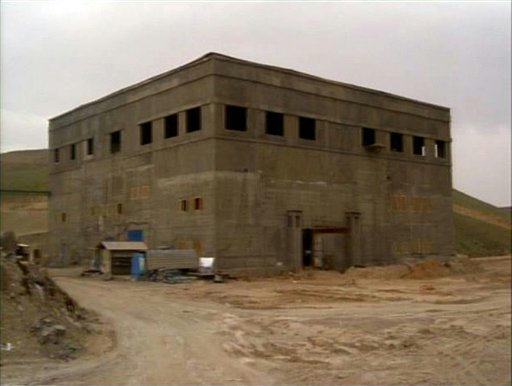The second monthly WikiLeaks Central Competition 2011 focused on soliciting analysis of one or more of the US State Department cables released by WikiLeaks.
The winner is:
What we liked most about the winning essay was the writer's ability to directly cite cables, and his thorough study of the issue.
We give a special mention to the other finalist: WikiLeaks: Can the Venezuelan Opposition Benefit from Chávez’s Illness? The quality of these two pieces were far superior to the other entries submitted to the competition.
All the submissions were judged on (i) newsworthiness; (ii) supporting research; and (iii) organization and writing style. (iv) We also considered the submission's capacity to engender online discourse in the form of comments and retweets.
Authored by JP Orient
Our times are characterized by narratives from authority that don't pass the test of logic.[1] The case of Syria's alleged "non-peaceful" nuclear reactor, destroyed by Israeli warplanes in September 2007, illustrates how technical knowledge has been diminished by argument from authority.[2] This analysis explores an alternate narrative wherein Syria's "Box on the Euphrates"[3] was a natural-uranium production facility and not a U.S.-alleged atomic reactor.
The U.S. narrative
After years of lackluster investigation and Syrian non-cooperation, inspectors reified U.S. assertions in June 2011 that Syria's Dair Alzour site was probably a nuclear reactor.[5] Their key evidence was an indeterminate number of anthropogenic uranium particles found at the site along with limited satellite imagery that was augmented by U.S.-supplied photos of undisclosed domain showing the inside of a reactor.[6] Syria was referred to the UN Security Council as a potential threat to "international peace and security."
Dair Alzour building near completion, date unknown (USG)

With a big question mark hanging over the health of Venezuelan president Hugo Chávez, the right wing opposition sees opportunity. Though Chávez initially claimed that he was merely suffering from a "pelvic abscess," the firebrand leader subsequently conceded that he had cancer. In a shock to the nation, Chávez announced that he had a tumor removed during a sojourn in Cuba, and that he would "continue battling."
It's unclear how the president's shaky health might factor in the nation's upcoming 2012 election. The populist leader, who has closely identified himself with the so-called "Bolivarian Revolution," has never shown much interest in grooming a successor within his own United Socialist Party of Venezuela or PSUV, and so if Chávez should falter it is easy to imagine a scenario in which much of his political project could unravel or be derailed by the right.
Reporting over the past several weeks suggests that Chávez might be in worse shape than has been commonly let on. Though he returned to Venezuela after his operation in Cuba, Chávez recently announced that he would pay yet another visit to Cuba in order to undergo chemotherapy. The firebrand leader, however, still refuses to reveal what kind of cancer he has or its severity. Ominously, one medical source reported to Reuters that Chávez's cancer had spread to the rest of his body and was in an advanced stage. Hardly inspiring confidence, Chávez remarked "I have faith in God, science and our Cuban and Venezuelan doctors, all the people who attend to me and finally myself and this will to live."
THEME
The second monthly WikiLeaks Central Competition 2011 will focus on soliciting analysis of one or more of the US State Department cables released by WikiLeaks.
Submissions may use one or more of the cables released on the WikiLeaks Web site on or prior to 11:59 p.m. July 31, 2011.
All sources used must be clearly identified when they occur and include the name of the source, and, when available, a hypertext link to the source content. Citations of cables MUST use the cable's "REFERENCE ID" and a hyperlink to the source document.
Theme by Danetsoft and Danang Probo Sayekti inspired by Maksimer